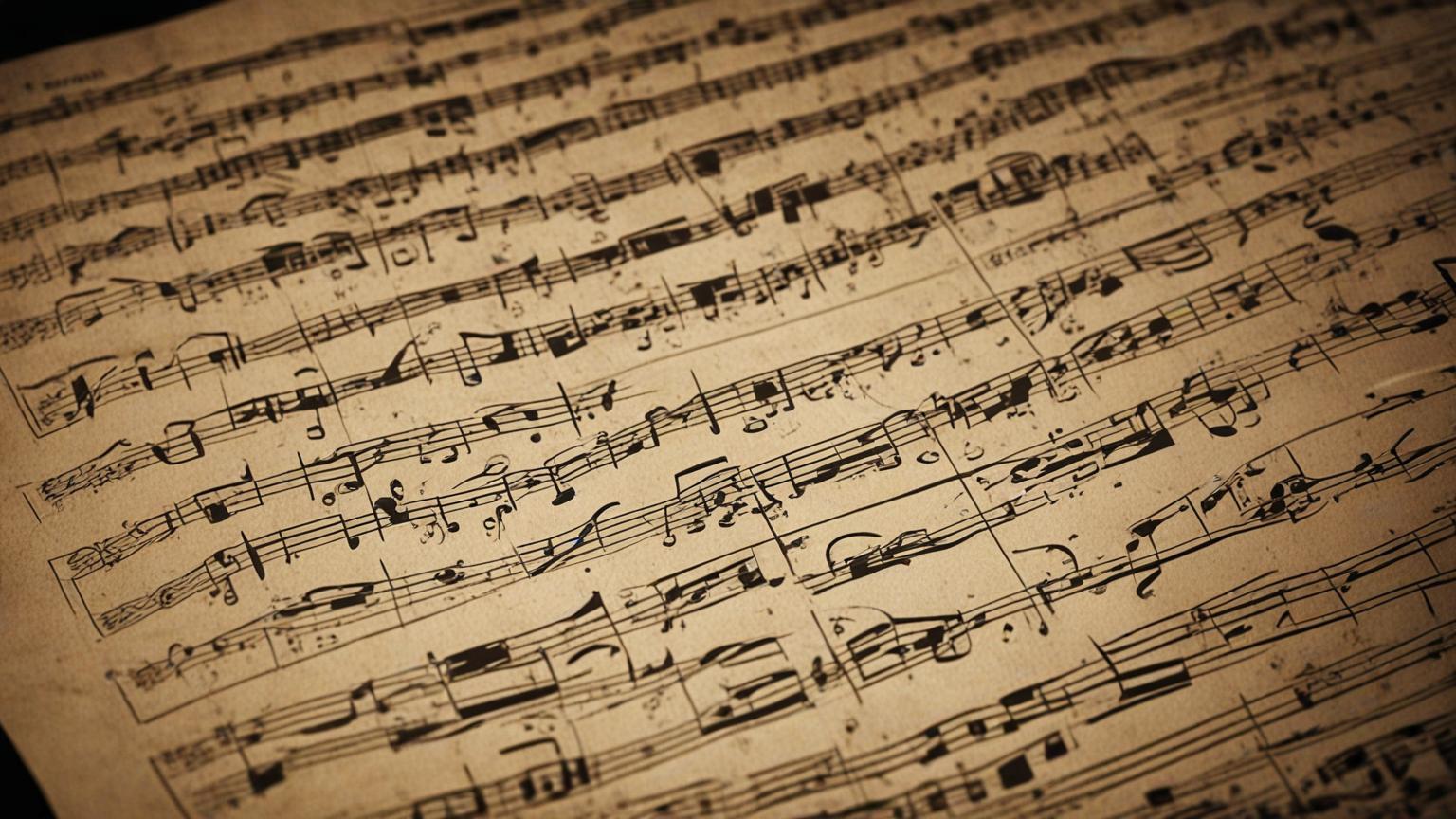In the grand tapestry of cinema, it's often the actors, directors, and writers who steal the spotlight. Yet, lurking in the shadows is another breed of artist whose craft defines the emotional landscape of films: the film music composers. Even as end credits roll by, their contributions frequently remain overlooked, much like a gripping plot twist that slips past the casual viewer.
Take a moment to reflect on the spine-chilling thrill brought on by John Williams' iconic Jaws theme or the heart-swelling crescendo of Hans Zimmer's score in Inception. Music, in its essence, often becomes the invisible narrator of film stories, bridging gaps between scenes and helping characters find resonance with audiences. As we dive into the world behind these cinematic sounds, we uncover the often arduous yet surreal journey of film music composers.
### The creative process: orchestrating emotions
For most composers, the journey begins with the script. It serves as a roadmap, a skeletal framework upon which they must build a rich tapestry of sound. Some prefer early involvement, attending script readings, meeting actors, or even visiting sets to derive inspiration. Others wait until post-production, drawing cues from raw footage to sculpt an auditory experience that aligns perfectly with the film's tone and pacing.
Hans Zimmer once revealed how he would sometimes lock himself in a dark room with just the script and a keyboard, allowing himself to feel the entire world without visual prompts. This pure immersive approach often breathes authenticity into his music, transforming it into the living, breathing heart of the film.
### Balancing innovation with tradition
A successful score doesn't exist in a vacuum. It is both an original creation and a tapestry woven with threads of tradition. Iconic composers like Ennio Morricone and Bernard Herrmann have laid foundational symphonic structures, while modern maestros like Ramin Djawadi and Hildur Guðnadóttir explore electronic soundscapes and experimental noise.
This marriage of old and new presents contemporary composers with both a challenge and an opportunity. How does one stand on the shoulders of giants without being overshadowed? The answer, it seems, lies in the composer's ability to respect the past while fearlessly venturing into uncharted territories of sound.
### The collaboration of visionaries
Collaboration is the unsung hero of film music composition. The harmonious relationship between director and composer can make or break a score. Steven Spielberg’s unwavering trust in John Williams or Christopher Nolan’s collaborative spirit with Hans Zimmer underscores this vital connection.
Both parties must engage in a relentless quest for harmony, often sharing ideas, themes, and even disagreements. While directors uphold the film's overall vision, composers infuse it with auditory life, ensuring that music and visuals dance seamlessly together in the viewer's mind.
### Beyond traditional boundaries
Let us peel back another layer: composers today are no longer confined to orchestras or the classical studio environment. With advancements in technology and digital sound libraries, composers are armed with an arsenal of tools to explore, giving birth to innovative soundscapes through unconventional means. Electronic scores, home studio recordings, and awe-inspiring virtual instruments provide a diversity of sonic choices, enriching the cinematic experience.
Jóhann Jóhannsson’s hauntingly beautiful score for Sicario, leverages deep, throbbing electronic pulses combined with traditional orchestration to invoke a sense of unease and tension befitting the film's themes.
### A future full of possibilities
As Cinema continues its evolution, so too does its relationship with music. With the rise of streaming platforms and virtual reality experiences, composers are delving into interactive music, where scores might adapt to audience behavior, crafting personalized emotional experiences.
In a world where AI tools are starting to compose music, the question looms: will it replace human creativity? Although technology offers intriguing possibilities, the nuanced understanding of human emotions and storytelling is something uniquely human. Composers are likely to stay integral to the process, blending technological advancements with their innate artistry.
Ultimately, film music composers are artists whose craft is a powerful yet underrated force in cinema's success. Their enduring impact—silently threading through every memorable scene—teaches us that sometimes, the most profound stories are told without words.
As we watch our favorite films, let us pause and appreciate the composers who gave them soul, the unsung heroes who continue to shape the realms of our imagination with every note.
The unsung heroes: how film music composers shape cinematic worlds

